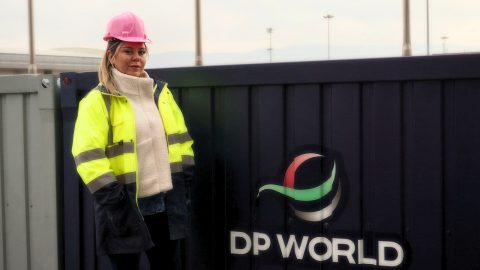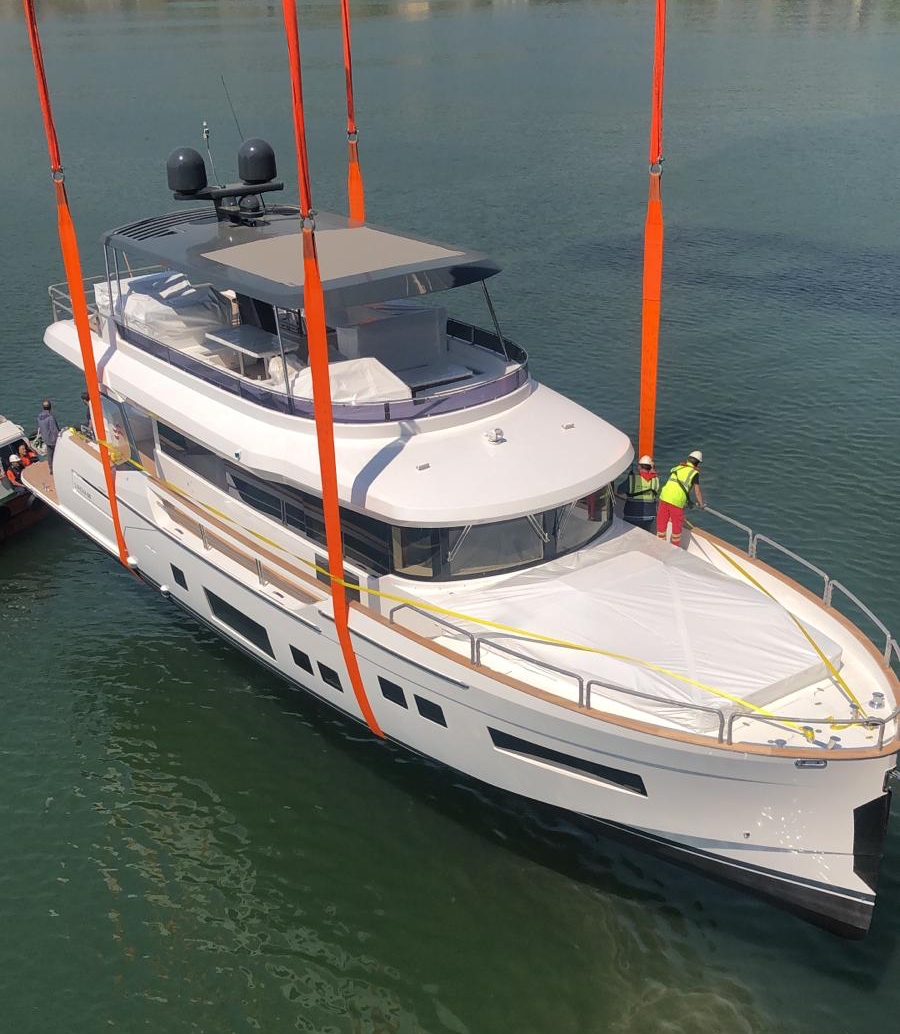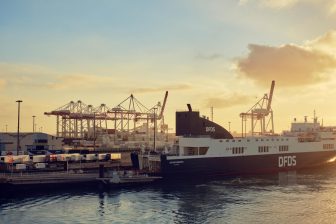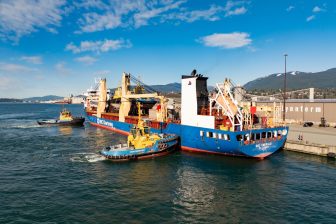
More women enter the breakbulk sector, despite prevailing prejudice
Breakbulk and project cargo shipping is a male-dominated industry, there is no two ways about it. However, over the recent years women have staked their claim. “Things have changed, especially over the last decade,” says Beliz Ates, customer relations specialist at DP World.
“We regularly meet more women working in different roles of the business, like agencies, logistics, chartering, cargo owners of shipowners in Türkiye,” says Ates who is focusing on breakbulk and general cargo at the DP World Yarimca, one of the largest container terminals of İzmit Gulf and Türkiye.
With seven years under her belt at the terminal, Ates initially was focusing on containerised cargo before moving to breakbulk and general cargo. She noted that the company’s initiative to be more inclusive has helped bring the number of women in the business up, although there are still issues to overcome.
“My job requires initiation, keeping in touch with all external stakeholders, planning of transfer, costs, handling, storing, vessel berthing etc., execution of operations, monitoring and controlling. But I think the most critical part is managing relations and communicating perfectly because relationships are the key to run the business as expected,” Ates said, adding that preconceived notions are still hugely prevalent in the business. “I always try to keep focused on my journey and focus on my job,” says Ates, in response.
She does hope that more young female talent will find their way into the industry. It provides an interesting working environment and requires a proactive approach, deals with a variety of people, businesses and non-standardised cargo.
Huge growth in the sector
Speaking of the business, DP World Yarimca terminal has seen a considerable increase in breakbulk and general cargo in recent period, despite all the difficulties. The company has been able to adapt and implement changes quickly and practically, according to Ates.
“The recent pessimistic outlook and crisis environment present opportunities within themselves, we had a dramatic increase in breakbulk and general cargo business,” Ates says.

“We especially exported transformers, construction materials and yachts etc. Over the past year, the terminal’s handling of project cargo has increased by 80 percent, resulting in a 120 percent growth in its business in this market compared to 2019,” Ates says.
The main export markets for project cargo are the Middle East, Africa, America and the Far East. The uptick has also been facilitated by the terminal itself, as it has wide storage areas, a special equipment park, perfect access roads, rail connections and an experienced special cargo handling team.
Turkiye garnering interest
Project logistics in Turkiye is on the rise in general and with the promise of additional profit, a number of companies have opened offices in the country recently. “Also there’s been much more liner side interest and they opened special units for handling the business. We had also built our own logistic company, DP World Logistics, and DP World recently acquired Imperial and Unico who have opened offices in Türkiye,” Ates explains.
The sector is, however, sailing into the headwind in Türkiye when it comes to labour. “I can say that attracting qualified workforce into the sector is harder than finding it,” says Ates, explaining further that with the nature of the job being intricate, requiring patience, good communication skills, management, most of the workforce looks elsewhere, despite the opportunities in project business.
The country is also on a steep upwards trajectory despite its monetary issues. Türkiye is able to provide all logistics connections, roads, bridges across the Bosphorus and Dardanelles, Izmit bay, easing the connection between Europe and the Middle East.
“Türkiye is also striving to become a manufacturing alternative to the Far East, due to the advantages of being geographically close to Europe and opportunities there,” says Ates, who stressed that young population and workforce, as well a export growth paired with investment and government incentives could turn Türkiye into the biggest economic and logistics hub in the region.
You just read one of our premium articles free of charge
Register now to keep reading premium articles.




